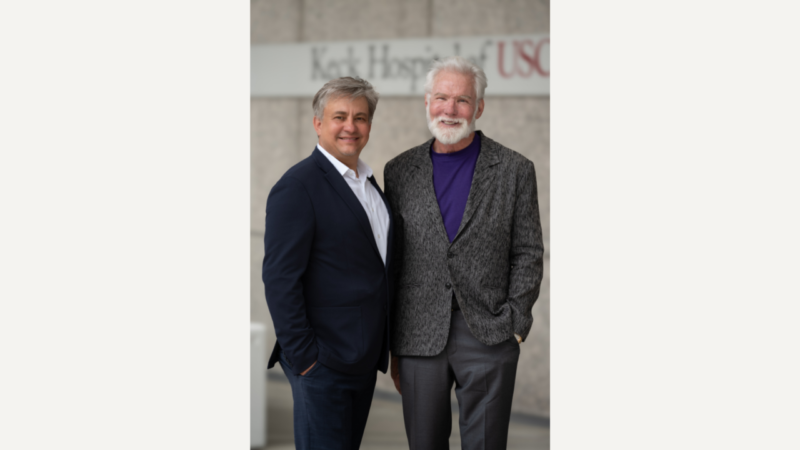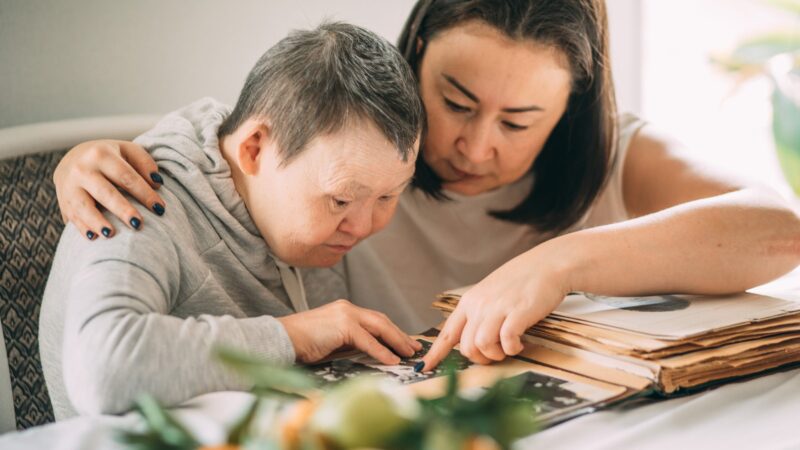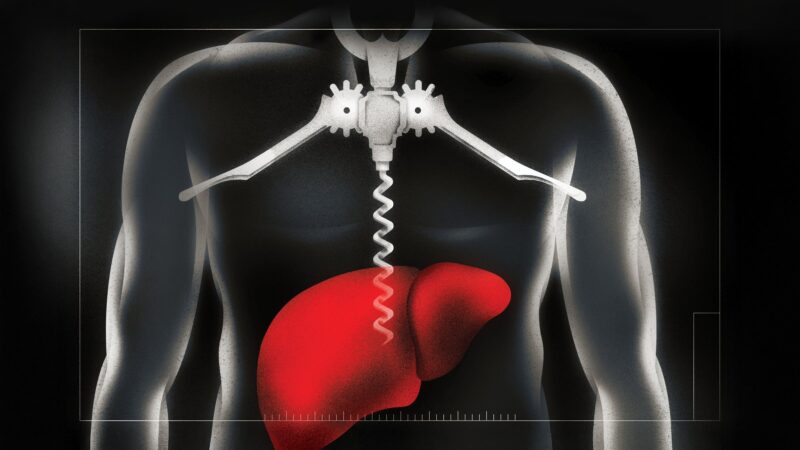Joint Healing Gets a Huge Boost
Donors are powering education and research excellence. Key investments in endowed chairs and professorships support faculty experts who are advancing their fields and inspiring the next generation.
Dan and Phyllis Epstein are making Alzheimer’s a memory
Dan and Phllis Epstein are making Alzheimer's a memory
R. Rex and Carol Parris Make $10 Million Gift to Launch USC Longevity Research Accelerator
Experts in engineering, gerontology and stem cell research will collaborate to find treatments for conditions like osteoarthritis and heart disease.
Could electric fields supercharge immune attack on the deadliest form of brain cancer?
USC-led research finds that an electric field device placed on the scalp, along with immunotherapy and chemotherapy, may help patients with glioblastoma live longer.
How much of aging is a really just a roll of the dice?
“Biological stochasticity” — random events at the molecular and cellular level — might be one of the biggest, most overlooked drivers of differences in how we age, a USC gerontology expert says.
Iron plays major role in Down syndrome-associated Alzheimer’s, USC study finds
Research indicates how iron-related oxidative damage and cell death may hasten the development of Alzheimer’s disease in people with Down syndrome.
Most Medicare beneficiaries may pay more for drugs under the Inflation Reduction Act
Part D plans are accelerating cost-shifting to beneficiaries, many of whom won’t reach the law’s new spending cap, a USC Schaeffer Center white paper reports.
Why doctors choose to start their careers where they do
A new study from researchers at USC’s Viterbi Information Sciences Institute takes a data-driven look at geographic health care inequities.
Brain cell discovery may explain excessive hunger
Researchers identify “meal memory” neurons in laboratory rats that could explain why forgetting lunch leads to overeating.
USC doctors are leading treatment of the post-COVID rise in alcohol-related liver disease
Alcohol-related liver disease has quietly surged to become the leading cause of alcohol-related deaths. USC is leading the charge to change that.








